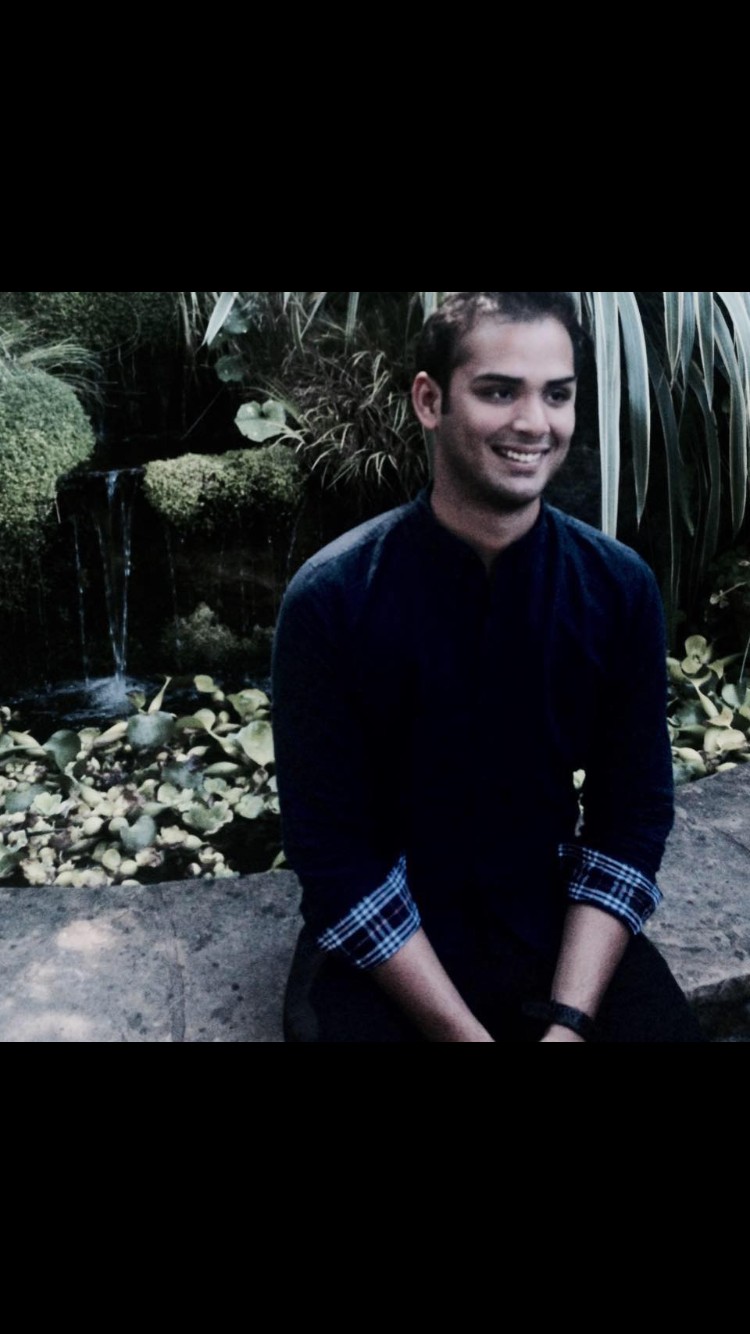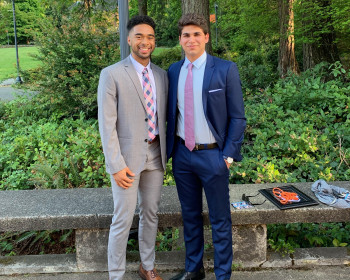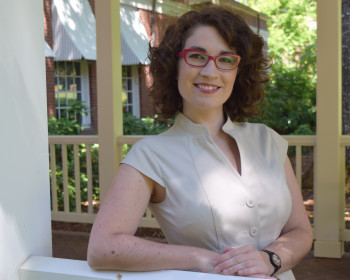Yash Desai
Open gallery

What have you been doing since Lewis & Clark? How did you become connected to this opportunity?
Soon after I graduated, I accepted a job offer at Bridgewell Resources LLC, a Tigard based firm that operates in the physical commodities market space. The firm is a global wholesale distribution company that bridges the gap between suppliers and consumers. I have been working on export sales, where my job roles include everything from sourcing materials and logistics management, to business development.
I got connected to this opportunity through a career fair advertised by the LC career center. Speaking with the recruiters left me extremely intrigued; I applied to the job the same day and got asked to an interview soon after.
How has your Lewis & Clark education contributed to your experiences? What has been the “real-world” application of your economics degree?
My Lewis & Clark education has had a significant impact on me. Needless to say, the small classroom discussions and a strong emphasis on writing are aspects that have played no small part in this impact. These characteristics have played a central role in improving my ability to better articulate my thoughts. Employers care a lot about this ability; it is not just about the findings, but also about how well these findings are communicated. I believe that Lewis & Clark’s competitive edge was in providing all of its students with this skill.
I do find some “real world” applications of my economics degree. Working in international trade, I am constantly dealing with questions of exchange rate risk, interest rate risk, and credit risk. Being in the physical commodities space primarily dealing in timber products, there are constant supply-demand concerns as well. My Economics degree also made me more comfortable working with numbers, which is something I do every day. Moving away from the particulars, the level of analysis that the Economics major required in general, trained me to become more adept at dealing with real world situations.
What are your plans for the future? How did that vision evolve throughout your college career?
I have always been interested in the financial sector. So it is good to be in an industry that is so closely associated with finance.
What was your favorite class, economics or otherwise, during your time at Lewis & Clark? Why?
Some of my favorite Economics classes were principles and senior seminar with Cliff Bekar. The two classes together were a perfect ‘full circle’ when it comes to my Economics degree. The classes provided a fresh perspective to look at issues of income distribution and inequality, topics that I am really interested in. I also really enjoyed Financial Systems and Modern Money Theory with Eric Tymoigne, both of which helped contextualize the financial sector in a very clear manner.
What advice would you give to current students about the job application process and post-grad life?
I think my main advice would be to network with professionals. A good place to start would be the alumni directory. Even if these informational interviews do not turn into jobs, they are a great place to practice your interviewing skills, and get insight about what’s happening in the real world. Also, I think it is important to follow up and say thank you after these informational interviews.
Another point that I would stress would be to start early and to keep applying. It is a numbers game to some extent.
What would you say to prospective students who are thinking about becoming economics majors?
An Economics major provides a clear framework for understanding some of the major social issues that exist in our time. Overall, it will change the way you think about and approach everything. Sometimes your assumptions of rationality will drive your friends crazy, but I think that it is entirely worth it.
Economics is located in John R. Howard Hall on the Undergraduate Campus.
MSC: 40
email econ@lclark.edu
voice 503-768-7606
Chair Moriah Bostian
Economics
Lewis & Clark
615 S. Palatine Hill Road MSC 40
Portland OR 97219

